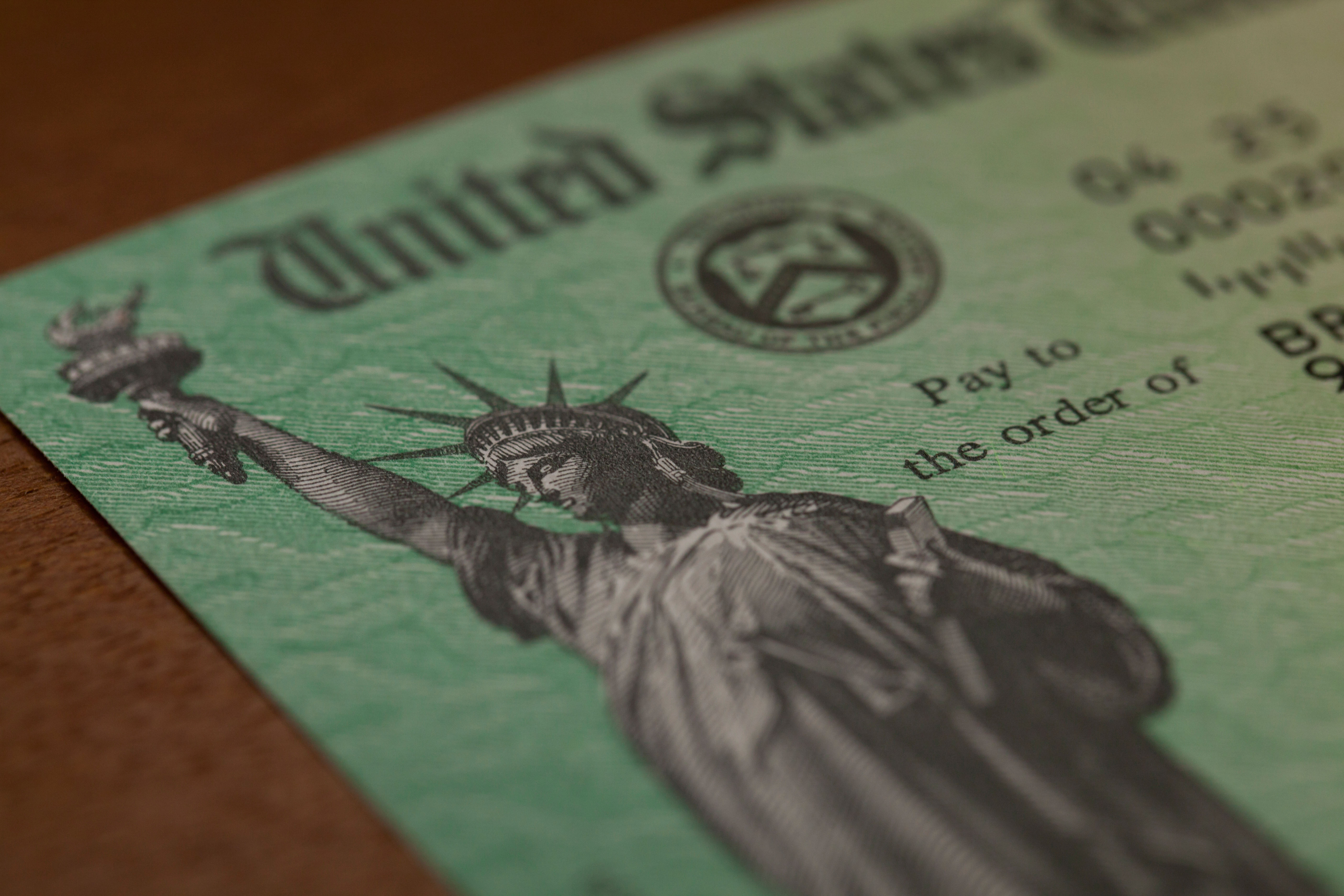How to make the most of your tax refund
And more of the week's best financial advice

A free daily email with the biggest news stories of the day – and the best features from TheWeek.com
You are now subscribed
Your newsletter sign-up was successful
Here are three of the week's top pieces of financial advice, gathered from around the web:
Making the most of your tax refund
For many Americans, the potential of a "fat, four-figure refund check" is incentive enough to file their tax return, said Janna Herron at CBS News. This year, seven out of 10 of us are expected to receive a refund. So "what will you do with Uncle Sam's check?" With interest rates rising, reducing any credit-card liabilities and other "high-cost debt" should be a priority. Next, target your student or auto loans — whatever size your refund is, it can still shrink your payback time line. If you've dealt with your debts, establish a financial cushion with a rainy-day fund for financial emergencies. If all those bases are covered, invest the money. Consider something with "a higher risk tolerance," such as a low-cost mutual fund or an exchange-traded fund through a brokerage.
The Week
Escape your echo chamber. Get the facts behind the news, plus analysis from multiple perspectives.

Sign up for The Week's Free Newsletters
From our morning news briefing to a weekly Good News Newsletter, get the best of The Week delivered directly to your inbox.
From our morning news briefing to a weekly Good News Newsletter, get the best of The Week delivered directly to your inbox.
How the tax law affects divorces
The recently passed tax law "could make divorce an even more miserable experience," said Ben Steverman at Bloomberg. Until now, people who paid alimony could deduct the payments from their taxable income. But for divorces after Dec. 31, 2018, alimony will no longer be deductible. As a result, nearly two-thirds of matrimonial lawyers say they anticipate divorce negotiations will "become more acrimonious," because alimony payers will have less of a tax incentive to be generous to their former spouses. "Battles will ensue." The changes allow "recipients to omit the alimony they receive from their taxable income, but divorce lawyers don't expect that to offset the loss from a lower payout." The overhaul may also have "lasting consequences for child support," which is regularly calculated together with alimony.
Reward yourself with a savings plan
Want to save more money? First, aim low, said Russ Wiles at Arizona Central. Americans have long struggled to save, and despite an improved economic outlook and tax reforms, our savings rate "doesn't seem to be getting much better." To get started, begin with an automatic deduction — a small, set percentage of each paycheck diverted into a savings vehicle. That will instantly grow your savings without you having to think too hard about the process. Set your initial targets "low enough" to gain some momentum later on. "Saving a small sum is better than getting frustrated and abandoning the effort entirely." After achieving enough for an emergency cash reserve, set realistic new goals, and treat saving not as a chore "but as a bargain or reward."
A free daily email with the biggest news stories of the day – and the best features from TheWeek.com
-
 How the FCC’s ‘equal time’ rule works
How the FCC’s ‘equal time’ rule worksIn the Spotlight The law is at the heart of the Colbert-CBS conflict
-
 What is the endgame in the DHS shutdown?
What is the endgame in the DHS shutdown?Today’s Big Question Democrats want to rein in ICE’s immigration crackdown
-
 ‘Poor time management isn’t just an inconvenience’
‘Poor time management isn’t just an inconvenience’Instant Opinion Opinion, comment and editorials of the day